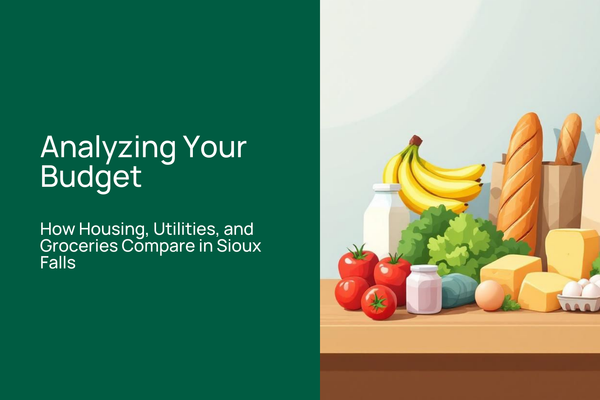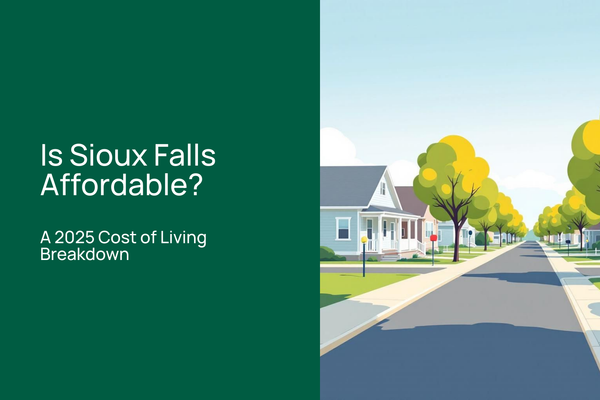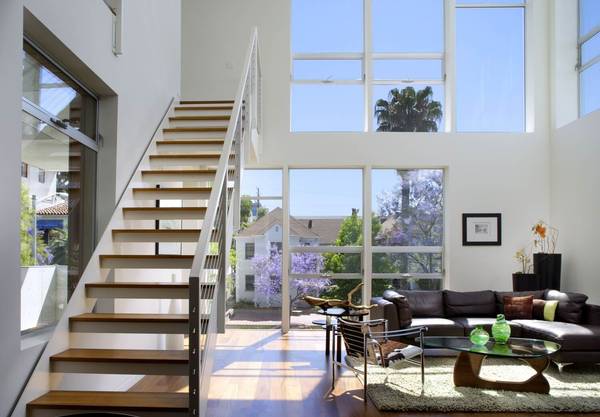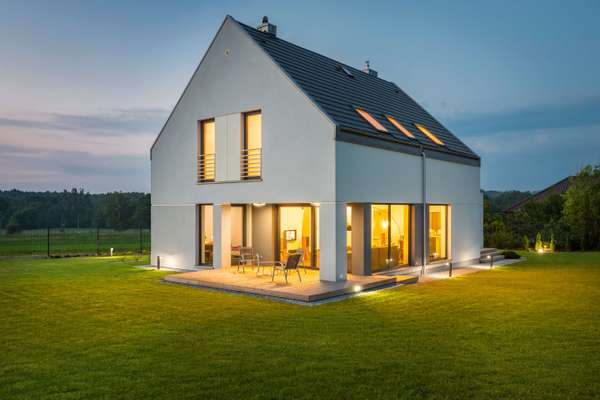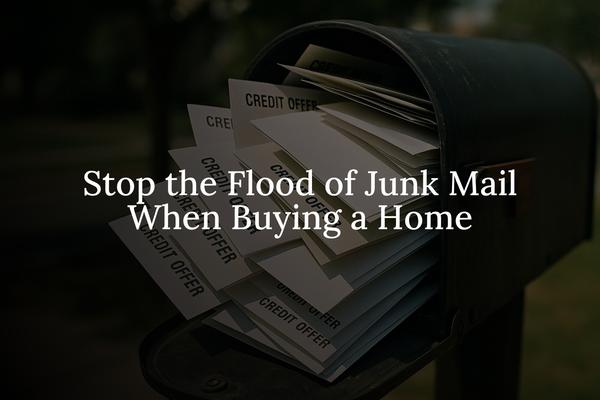
Bought a Home? Here's How to Stop the Flood of Junk Mail
Finding your dream home, navigating the closing process, and finally getting the keys – it's an exhilarating time! You're probably picturing quiet evenings, settling in, and enjoying your new space. What you might not be picturing is your mailbox suddenly overflowing with unsolicited offers for cred
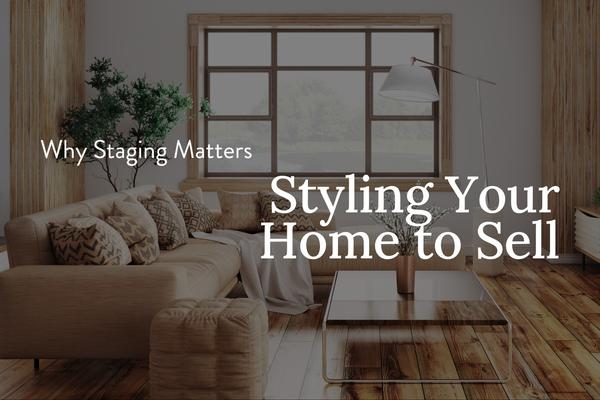
Styling Your Home to Sell
You’re ready to list your property for sale – but how will potential buyers perceive your home? Will it stand out in a crowded market? Home staging is the art of preparing your home for sale. The goal is to enhance its appeal so that it resonates with the widest range of potential buyers. It goes be
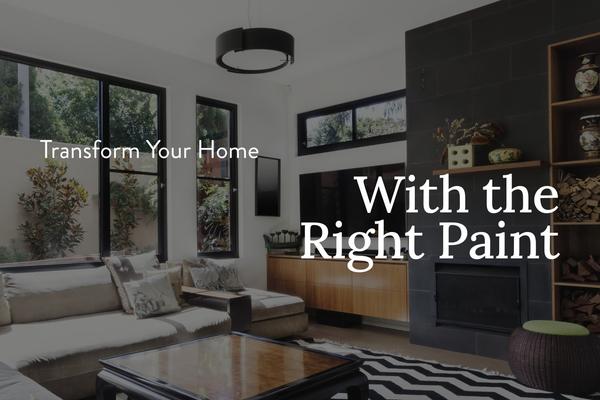
Transform Your Home with the Right Paint
A fresh coat of paint is one of the fastest, easiest, and most cost-effective ways to make your home feel updated and inviting. In fact, estimates show the right paint can boost the resale value of a home by up to $16,000. It can also help make a home sell faster. However, the wrong paint can be a m
Categories
- All Blogs (110)
- Achievements (2)
- BHGRE Life (51)
- Buyer Guides (16)
- Distinctive Life (17)
- First-Time Buyer Essentials (9)
- First-Time Seller Essentials (7)
- Home Trends (19)
- Lifestyle (32)
- Listings (11)
- Local Events (3)
- Luxury Lifestyle (18)
- Recipes (1)
- Seller Guides (14)
- Travel (4)
- Winter Decor Guides (4)
Recent Posts

